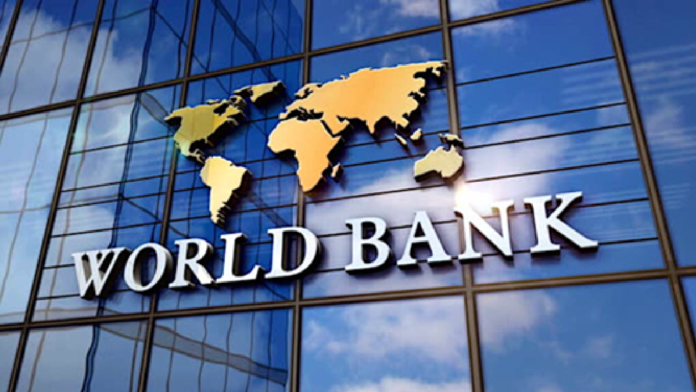The World Bank has provided $12bn, nearly half of it going to Africa, to assist countries dealing with food shortages. In response to rising food insecurity, the bank recently released a report called “Food Security Update | World Bank Response to Rising Food Insecurity.” The report highlights that food prices have remained high globally, particularly in low and middle-income countries. Additionally, the bank notes that trade-related policies have increased following Russia’s invasion of Ukraine. Governments have imposed food trade restrictions to boost domestic supply and reduce prices, contributing to the global food crisis.
The report further states that the World Bank Group will distribute a $30bn relief package over 15 months, including $12bn in new projects, to help countries manage food insecurity. The bank estimates that around 205 million individuals will require urgent assistance across 45 countries due to acute food insecurity.
The Food and Agriculture Organization’s (FAO) Food Price Monitoring and Analysis Bulletin, which was recently released, revealed mixed trends for international cereal prices in January 2023. In January, world wheat prices fell for a third consecutive month, global coarse grain prices mostly remained the same, while global rice prices increased at an accelerated pace.
Apart from fiscal stimulus, the World Bank Group has joined forces with the G7 Presidency and co-convened the Global Alliance for Food Security to coordinate a response to the growing hunger crisis worldwide. The alliance has developed the publicly accessible Global Food and Nutrition Security Dashboard, which provides timely information to decision-makers to improve policy and financial response coordination.



